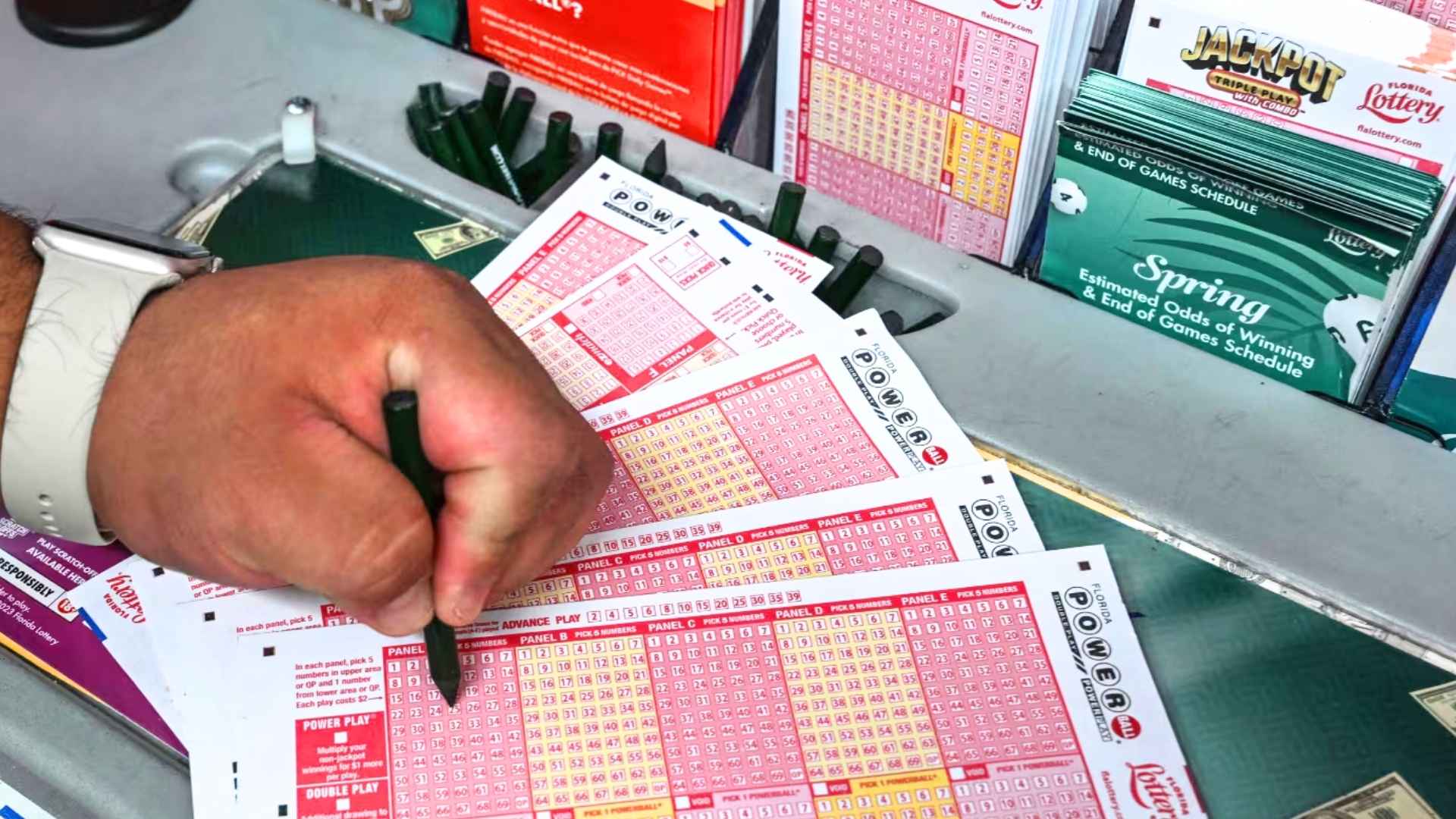Stefan Mandel’s numbers-driven scheme scooped prizes on three continents—and forced lotteries to tighten their own odds.
When was the last time you bought a ticket and dared to picture fourteen ringing jackpot bells? In the 1990s, Romanian-born economist Stefan Mandel did just that, turning elementary math into a globe-trotting lottery-winning machine. His run ended with regulators scrambling, but his story still whispers through convenience-store lines today.
How Stefan Mandel used basic probability to decide exactly when buying every combination made financial sense
Mandel’s approach began with two hard rules: pick games with fewer than eight million number combinations and strike only when the grand prize reached at least triple the total cost of covering every ticket. With investors supplying cash, his team printed millions of plays and dispatched couriers to retailer after retailer.
The Virginia Lotto of the early ’90s, built on a modest 44-number matrix, fit the formula perfectly—7,059,052 possible tickets, to be precise. Mandel’s syndicate bought 6.4 million of them and, sure enough, held the $15.5 million winner. Before you ask, isn’t that just common sense? Perhaps—but no one else deployed it at industrial scale.
Why regulators in the United States, Australia, and beyond hurried to plug the loopholes his success exposed
Winning without cheating didn’t spare Mandel from scrutiny. The FBI and even the CIA pored over his Virginia coup, ultimately confirming it was lawful to home-print tickets and purchase in bulk. Still, lotteries worldwide rushed to:
| Region | Rule tightened after Mandel’s wins | Practical effect |
|---|---|---|
| United States (VA) | Banned home printing of tickets | Removes cheap mass-production |
| Australia | Capped bulk sales per customer | Blocks syndicate dominance |
| Multiple jurisdictions | Added computer-generated pattern checks | Flags suspicious buying sprees |
Consequently, today’s digital lotteries scatter number pools, raise ticket limits, and stagger sales windows—closing the very window Mandel climbed through. Could anyone repeat his feat now? Odds are the house has learned its lesson.
From modest first prize in communist Romania to quiet retirement in Vanuatu, the numbers still tell the tale
Mandel’s debut win in 1960s Bucharest funded his escape from Ceaușescu’s regime. Australia followed, then the United States. Despite fourteen headline jackpots, the economist’s personal take sometimes looked surprisingly small—one 1987 draw left him just $97,000 richer after expenses. Nevertheless, he proved that “impossible” systems can break when sharp pencils meet soft regulations.
Today he lives a low-profile life in the South Pacific archipelago of Vanuatu. Lotteries, meanwhile, market ever-larger prizes while assuring players the game is tamper-proof. Yet every so often someone in line wonders: what if the math still works?

